Why a Monthly Hotel Stay Could Be Your Best Remote Work Move
Looking for a flexible, reliable “home base away” that supports work and life? Monthly hotel stays blend the comfort and services of a hotel with the stability you need to be productive on the road.
Hotels offer CONSISTENCY: daily housekeeping, reliable Wi‑Fi, secure buildings, and useful amenities like gyms and laundry. They also put you near transit, restaurants, and safe neighborhoods—so you can focus on work without reinventing daily routines.
Costs and routine can worry remote workers, but with planning and the right deals, monthly stays often beat short-term rentals for convenience and peace of mind. This article gives practical guidance on finding, booking, and optimizing extended-stay hotel deals tailored to remote work. Expect checklists, negotiation tips, and sample plans.
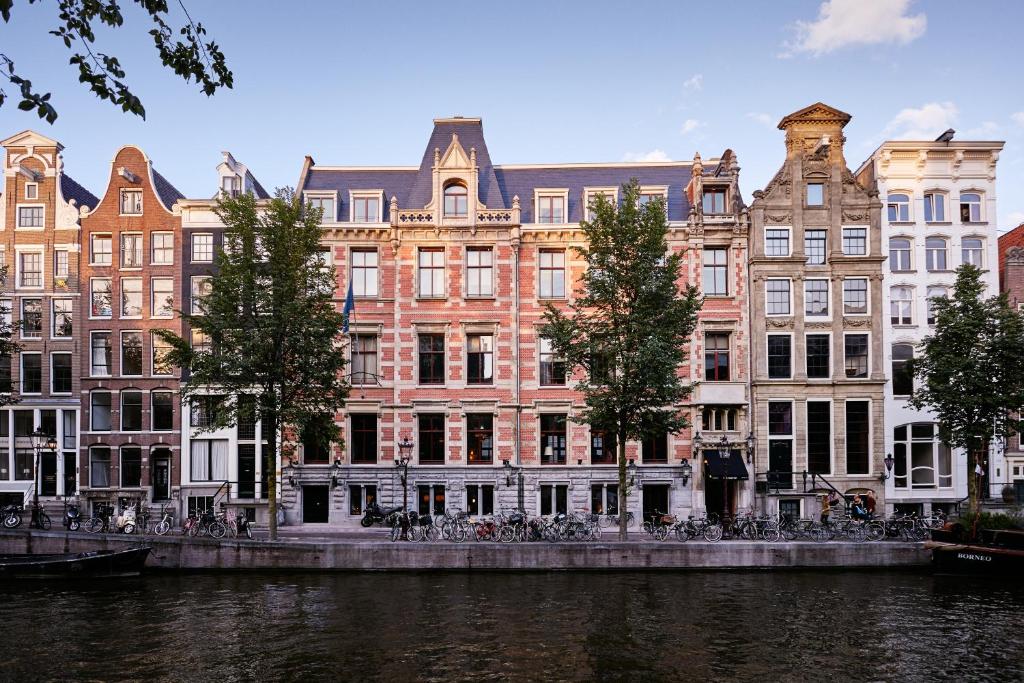
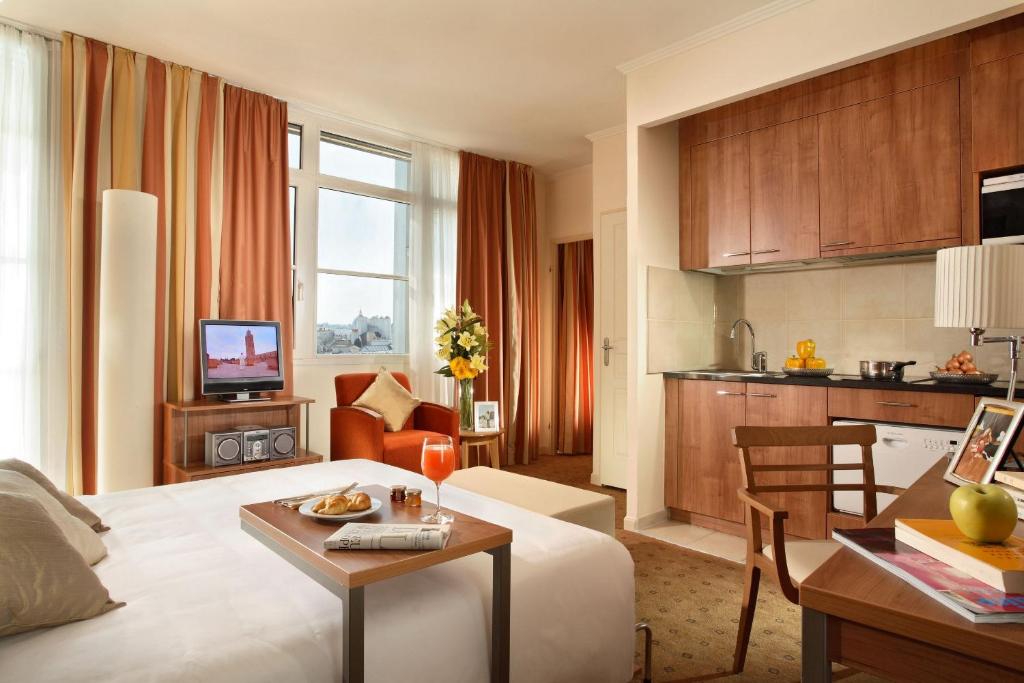
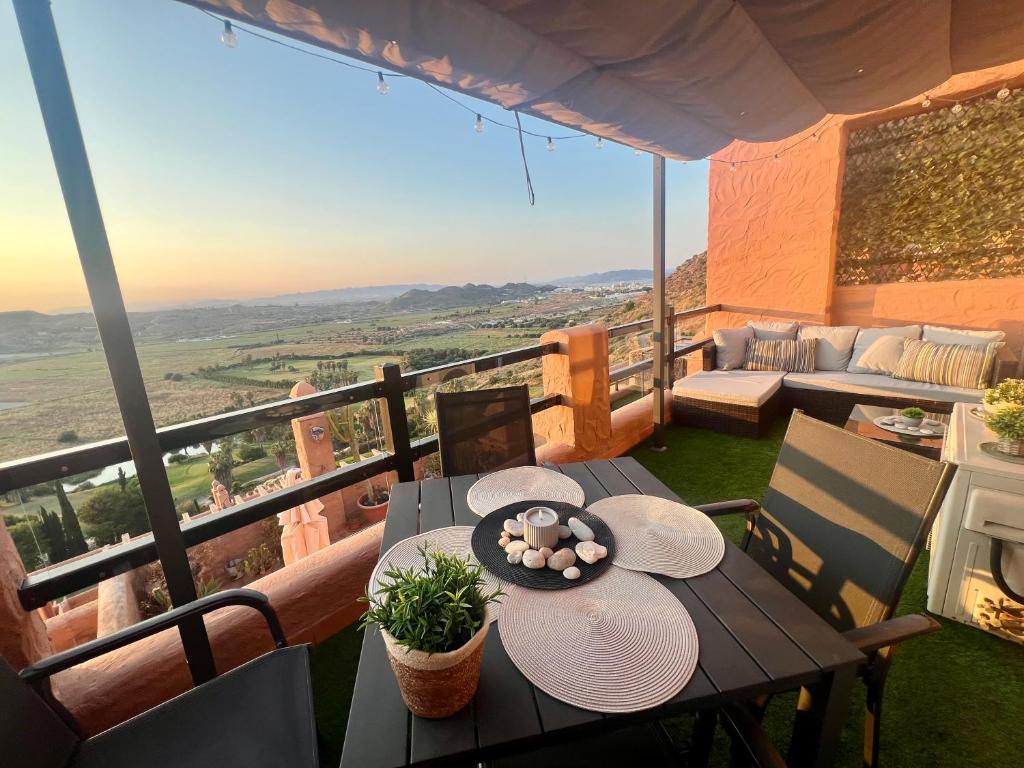
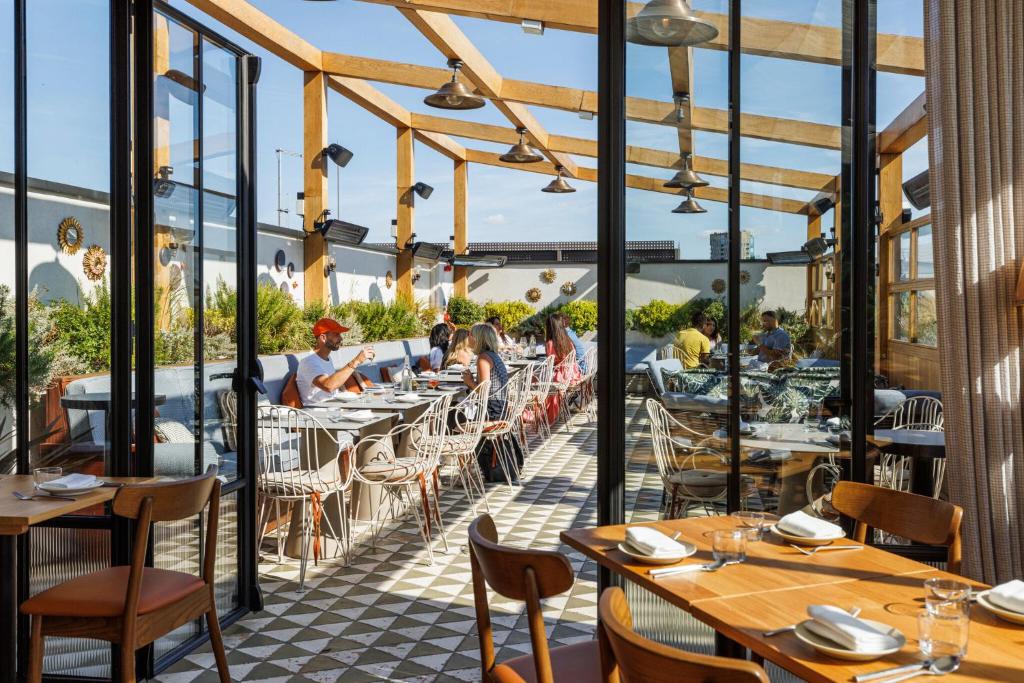
Best Extended Stay Hotels: Weekly and Monthly Rates
What Makes Monthly and Extended-Stay Hotel Deals Different
Pricing and fees: predictable math, but read the fine print
Extended-stay pricing is usually structured differently from nightly bookings. Hotels may offer:
Actionable tip: always ask for an all-in quote that lists taxes, resort or facility fees, and any utility surcharges so you can compare true monthly cost to an Airbnb or short-term lease.
Policies: cancellation, housekeeping, and service cadence
Monthly bookings often come with different policies:
How-to tip: negotiate a customized housekeeping schedule and a clear cancellation window before you confirm to avoid surprises.
Types of extended-stay products
There’s a range of product types built for multi-week living:
Why those differences matter for remote workers
Predictable monthly pricing helps with budgeting; a kitchenette and laundry lower daily friction (and food costs). Reduced bedroom turnover means less hallway noise and more privacy for long calls. And properties aimed at longer stays often provide:
What to look for — quick checklist you can ask a property
These differences change daily life on the road: they turn a hotel room into a reliable, lower-friction home base for a productive month.
Where and How to Find the Best Monthly Deals
Start with the right channels (step-by-step)
- Scan hotel brand sites first — many chains publish unpublished long‑stay or corporate rates only on their site or via phone.
- Check extended‑stay specialists (Residence Inn, Staybridge Suites, Extended Stay America, Sonder) for built‑in monthly packages.
- Use OTAs with long‑stay filters (Booking.com, Expedia, Hotels.com) to compare availability and nightly vs. weekly pricing.
- Explore long‑stay marketplaces (Furnished Finder, SilverDoor, Airbnb for monthly stays) for apartment-style units and flexible leases.
- Call local hotel corporate or sales desks — they often hold unpublished inventory and can create a custom monthly contract.
Timing and negotiation — practical tactics
Filter results for essentials
Read the fine print
Validate before committing
Next, we’ll look at exactly what remote workers need inside the room and how to prioritize amenities for sustained productivity.
What Remote Workers Really Need from a Hotel Stay
Internet: the core non‑negotiable
Video calls, VPNs, and cloud backups need dependable bandwidth and low latency. Aim for:
Bring simple tools: an Anker USB-C to Ethernet adapter and a travel router (GL.iNet GL-AR750S or TP‑Link AC750) to create your own secure local network if the hotel Wi‑Fi is flaky.
Ergonomic workspace: comfort equals output
You’ll spend hours at the desk—insist on a real desk, an adjustable chair, and good task lighting.
Quiet and predictable meeting space
You need private, low‑noise rooms for calls. Look for:
Hospitality services for longer runs
Monthly stays need practical services: on‑site laundry or in‑unit washer/dryer, kitchenette vs. full kitchen, grocery/meal delivery options, and flexible housekeeping (weekly or on‑request). Ask if housekeeping can skip certain days to match your routine.
Safety and local convenience
Check secure entry, in‑room safes, well‑lit streets, and proximity to transit, cafés, or coworking spaces. Use local crime maps and Google Street View to confirm the neighborhood vibe.
Amenities that prevent burnout
Fitness rooms, rooftop or garden space, and communal lounges matter. Regular short walks, a hotel gym, or a nearby park keeps energy up and prevents the work‑from‑hotel slump.
How to test and confirm before booking
Ask the hotel to run a speed test from the exact room and send a screenshot; request photos (desk, chair, outlets) or a short video walk‑through. If possible, book a refundable 3–5 night trial to test Wi‑Fi, noise, and kitchen logistics before committing for a month.
Booking, Negotiation, and Money-saving Strategies
Direct negotiation scripts that work
Ask confidently and politely — hotel teams are often authorized to adjust rates for guaranteed, longer stays. Try these short scripts:
Anecdote: one remote worker I know received a 15% reduction in Lisbon simply by asking to speak to the revenue manager and offering flexible check-in/out dates.
Bundling and timing hacks
Bundling saves money: ask to convert breakfast into a daily food credit, trade complimentary parking for a lower rate, or include meeting-room hours for occasional team calls. Timing matters:
Creative trade-offs
Offer value in return: “If you can reduce the rate, I’ll post honest photos and a review or host a one-hour co‑working demo for staff.” Many independent hotels welcome social-proof swaps.
Watch all the hidden costs
Make a line‑item checklist before signing:
Ways to reduce them:
Payment, invoices, and expense tracking
Request a monthly invoice or company billing with clear line items. Pay by corporate card or ACH to simplify reimbursements. Use Expensify or QuickBooks to attach invoices and proof of payment for fast reporting.
When a serviced apartment or short‑term rental makes sense
If you need a full kitchen, washer/dryer, and lower per‑night cost for 30+ nights, compare total monthly rates (including utilities and cleaning) — serviced apartments often win beyond 21–30 nights. Get a quote that lists utilities and internet; if utilities are unpredictable, a serviced apartment with fixed utilities usually offers the best value.
Practical Checklists and Sample Monthly Stay Plans for Remote Workers
Pre-booking checklist
Arrival checklist
Daily & weekly routines to stay productive and well
Departure checklist
Sample itinerary — Urban productivity month (coworking nearby)
Suggested routine: 8:30–10:30 focused work; 11:00 coworking meetings; afternoons for deep tasks; evenings networking.Must-pack: noise-cancelling headphones (Sony WH-1000XM5), travel monitor (ASUS ZenScreen), portable charger (Anker PowerCore 20100).Questions to confirm: coworking discounts, meeting-room booking policy, late-night access.
Sample itinerary — Relaxed coastal month (work + beach)
Suggested routine: early work sprint, midday beach break, late-afternoon work block, sunset walk to reset.Must-pack: SPF 50, quick-dry towel, waterproof phone case, laptop sleeve.Questions to confirm: beach shuttle, secure storage for gear, reliable A/C and blackout curtains.
Sample itinerary — Family-friendly extended stay
Suggested routine: kids’ routine before school/camp, focused remote hours midday, family outing evenings and weekends.Must-pack: travel booster seat, portable white noise machine, outlet covers, extra linens.Questions to confirm: interconnecting rooms, fridge/microwave availability, childcare or local kid-friendly activities.
Building local routines and community
With these checklists and sample plans, you’ll be set to make any hotel feel like a productive, livable home for a month — ready for the final planning steps in the Conclusion.
Make Your Next Month a Comfortable, Productive Home Base
Try a small experiment: book a trial week or a discounted mid‑month block and use the checklists and negotiation tips here to vet options. Focus on your nonnegotiables — reliable Wi‑Fi, quiet workspace, and a flexible cancellation policy — then layer in perks like kitchenette access, on‑site laundry, and nearby cafés for breaks.
With a bit of research and clear priorities, a hotel can become a dependable, comfortable base that supports focused work and local exploration. Take the leap, track what works, and iterate: your ideal rhythm for remote life might begin with one intentional month away. Start small, stay curious, and turn short tests into longer stays that suit your lifestyle today.

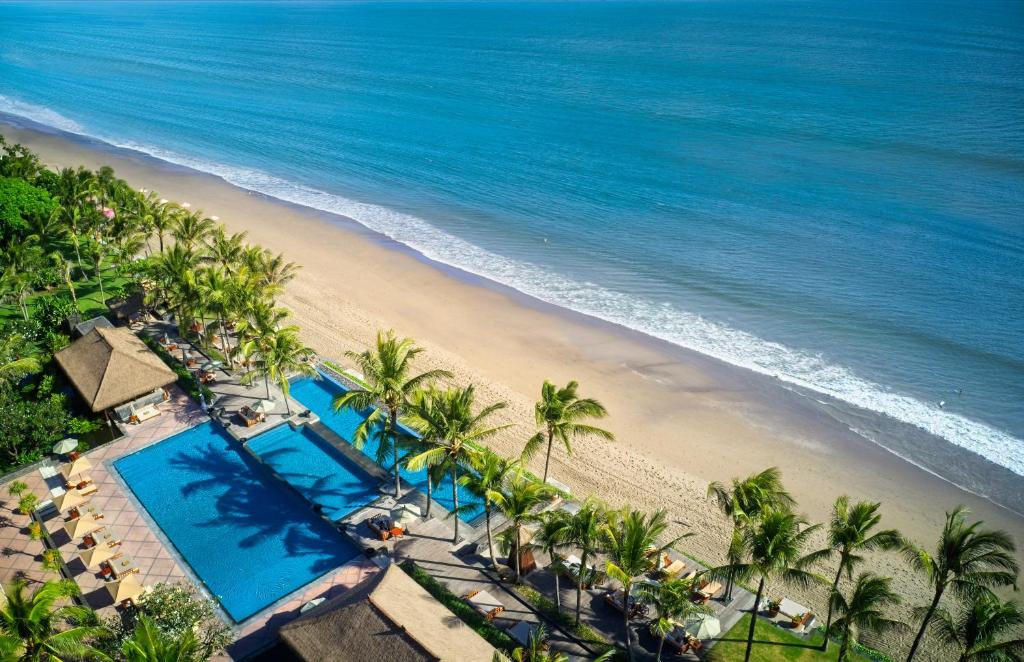








This article made me seriously consider a month in Amsterdam rather than the usual coworking + weekend trips routine.
Quick questions from a novice remote-month planner:
1) How do utilities normally work for a month-long hotel stay — included or separate? 🤔
2) If I book the Luxury Beachfront Resort on Seminyak, does anyone have tips for staying productive with all that holiday vibe around?
Thanks! Also, typo on page 4 I think — ‘accomodations’ should be ‘accommodations’. Sorry, OCD kicking in lol.
For Seminyak, try mornings for deep work — beaches and cocktails usually ramp up later. And yes to coworking spaces when you need silence.
On utilities: I always ask for a ‘monthly quote’ email before booking so there are no surprises. Also ask about peak-season price changes.
Great questions, Sofia — short answers:
1) It varies: many extended-stay hotels include utilities in the rate, but some add tourist taxes or extra cleaning fees. Always ask for an itemized quote for the month.
2) For resorts like Seminyak: set strict work hours, book a room with a dedicated desk, and use coworking spaces for serious focus sessions.
Thanks for the typo callout — will fix it!
Short and salty: this is the guide I didn’t know I needed. I especially liked the negotiation scripts — two sentences I can actually remember.
Minor gripe: the Paris serviced apartments section could use an example amenity checklist (washer/dryer? kitchenette size?).
Also, is anyone else low-key terrified of booking a month at a trendy place like Shoreditch and finding out the bar downstairs is loud every night? That’s my nightmare. 😬
Good point, Ben. I’ll add a small amenity checklist template specifically for serviced apartments (kitchenette size, laundry, workspace, soundproofing). Could help avoid bar-front surprises.
Been there. Ask the host/property straight up about nightlife noise and whether they can offer a quieter room. If they dodge the question, it’s a red flag.
Loved the section on negotiation — finally someone admits hotels will budge for a 30-night stay. I did a month in a serviced apartment in Paris last year and, honestly, it made me feel like a local.
Couple of thoughts:
– The checklist is gold for packing tech stuff.
– Would’ve liked a sample budget breakdown for the Charming Canal-House in Amsterdam (anyone else curious how much utilities/internet surcharges usually are?).
– Also, shoutout to the Seminyak beachfront resort idea — dream workspace with a sunset break.
Overall: practical, realistic, and not overly salesy. 👏
Thanks Maya — glad the negotiation tips resonated. For Amsterdam canal houses, some places do add a tourist tax and occasional utility fee but many extended-stay rates roll those into the monthly price. If you want, I can add a sample budget breakdown to the article.
I stayed at a canal-house last spring — no extra internet charge but I negotiated free weekly cleaning in exchange for a longer deposit. Worth asking! 😄
Budget breakdown would be amazing. I always forget to include transportation costs when planning a month-long stay.
Nice read. The section comparing monthly vs extended-stay deals was useful, but felt a bit light on examples. Would love a real-world price comparison: like, three hotels across three cities for 30 days.
Also, the tip about asking for a quiet room away from elevators saved me once. Still, not sure the Trendy Shoreditch Hotel is everyone’s cup of tea if you need absolute silence (great for social life tho).
Okay real talk — I tried to work remotely from a “seafront two-bedroom apartment with terrace views” and got ZERO work done the first week because the terrace was too distracting (and the sunsets are stupidly pretty).
That said, the article nailed the “what remote workers really need” section: decent desk, ergonomic chair (not a kitchen chair), blackout curtains, and reliable internet. If a place doesn’t tick those boxes I walk.
PS: The checklist PDFs were super handy — printed and taped them on my suitcase lol.
Good tip, Marcus & Amira — I’ll add a short section on simple ground rules to help stop the ‘terrace trap’.
Haha love the honesty, Clara. The balance between inspiring location and productivity is a real challenge — maybe a ‘work-first’ filter in the article would help pick places like Central Serviced Apartments Near Notre-Dame over more distraction-prone options.
Also bring a pair of noise-cancelling headphones. Game changer for seaside cafés.
You can also ask properties about a quieter room on the back side — many seafront units face the promenade and get noisier in evenings.
Totally relate. I forced myself to set a rule: no terrace until 6pm. Worked most days. Discipline + choice of accommodation = win.
Long post incoming — forgive me.
I loved the sample monthly stay plans. I actually mapped out a 30-day plan for Shoreditch — mix of coworking afternoons, morning museum visits, and weekend trips to Brighton. The part about negotiating cleaning included in the rate saved me £120 last time.
But — I’m not convinced the article covered visa/long-stay bureaucracy enough. Someone like me (US passport) needs to know when a ’30 days’ stay is fine and when you need to worry about visas or local registration. A small ‘legal/visa’ primer for top remote-worker destinations (Netherlands, France, Indonesia) would be super helpful.
Also: love the humor in the last section. Made me smile.
Thanks Tom — good call. Visa rules are a rabbit hole but adding a short primer and links to official resources for those countries is a smart idea. I’ll work that in.